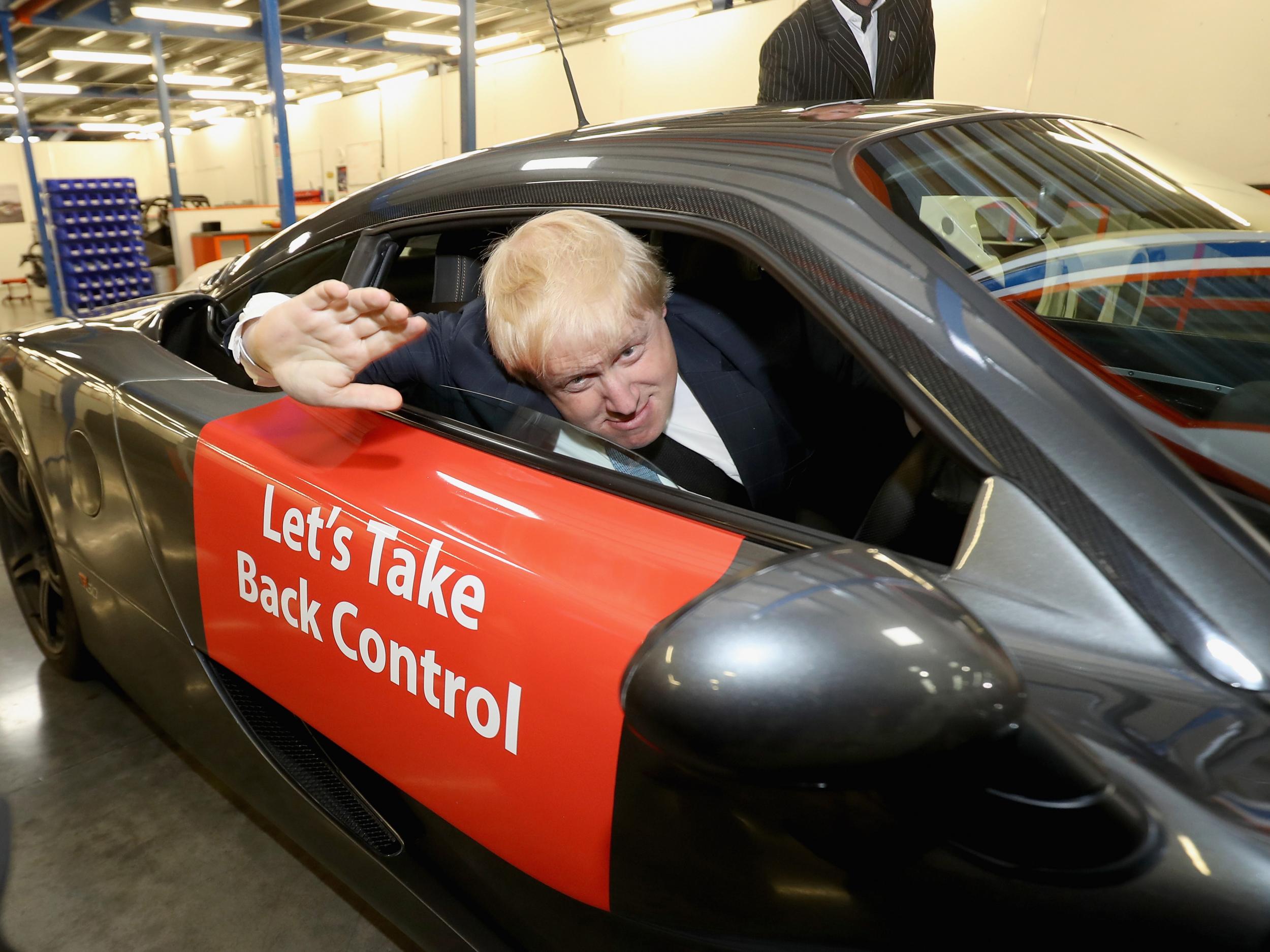The only way to save Britain after Brexit is to kill off London's dominance once and for all
The capital boasts a monopoly on professional services, legal services, media, culture, governance, technology, and even retail. An out-of-control housing market, suffocating congestion, and buckling public services are all evidence that this approach now no longer works – neither for London, nor the rest of the UK

The shock Brexit vote has brought renewed attention to inequality in the UK: London and the South East have prospered from globalisation while most of the rest of the country still suffers the consequences of the collapse of manufacturing.
But Leave’s victory was a rejection of the status quo.
Much of the rhetoric of the Leave campaign focused on immigration and sovereignty. But voters used the referendum to protest persistently low wages, non-existent youth employment prospects, and a lack of investment in public services. These problems are a direct consequence of our London-centric political economy.
Since the 1980s, progressive governments – both New Labour and Conservative – have pushed policies that siphon private investment, wealth and opportunity to the capital.
Along with finance, banking and insurance, the capital boasts a monopoly on professional services, legal services, media, culture, governance, technology, and even retail.
An out-of-control housing market, suffocating congestion, and buckling public services are all evidence that this approach now no longer works – neither for London, nor the rest of the UK.
No other developed country is so monocentric. Germany, France, Sweden, the Netherlands, Italy, and even the US all have networks of secondary cities with economic specialties.
The UK needs this too. Other UK cities cannot rely on the last vestiges of manufacturing, limited tourism and public sector props to survive.
Britain now faces its greatest social and political challenge since the Second World War. Radical and far-reaching solutions are required to address the widespread disillusionment of people across the UK.
The only way to address this malaise is to employ a comprehensive and interlinked series of policies that look to redistribute London’s monopoly.
So where do we start in post-Brexit Britain?
Move Parliament away from London
Westminster requires intensive, expensive, and time-consuming restoration. Moving Parliament to another city would not only save time but bring economic benefits to another region of the UK
Although plans to move central government have previously been dismissed as unworkable, Brexit has intensified scrutiny of an out-of-touch Westminster elite. Relocating governance would carry enormous symbolic weight while bringing thousands of jobs to a new part of the country. The creation of a modern and democratic setting for Parliament would reconnect the political establishment with its electorate.
Build HS2 from North to South
Start with phase two, connecting Birmingham to Manchester and Leeds, rather than phase one, which connects London to the Midlands.
The current plan will only channel investment away from struggling northern cities and towards London. If the rail line was only connected to London at its final stage, new industry and services could flourish in Lancashire, Yorkshire and the Midlands. By HS2’s completion in 2033, Britain could boast a series of interconnected cities, each with its own specialist economy.
Reinstate Enterprise Zones in areas of high growth potential
“Enterprise Zones” were first instated by Thatcher in an attempt to reinvigorate run-down sites like the Isle of Dogs.
Although George Osborne tried to resurrect a watered down version of EZs in 2011, his policies lacked the holistic thinking necessary to transform deprived neighbourhoods.
The government should liberate both planning constraints and tax obligations in specific zones which demonstrate good access to transport links and universities. This would incentivise investment into cities like Leeds, Sheffield, Crewe, Stoke, and other areas set to benefit from Phase 2 of HS2.
These ideas are not intended to form a rigid blueprint of how post-Brexit Britain should work. Rather, they represent a manifesto demonstrating the scale of radical thought required to unify a divided nation.
The inequality that plagues Britain and culminated in a vote for Brexit is geographic. The route to its unification must be too.


Join our commenting forum
Join thought-provoking conversations, follow other Independent readers and see their replies